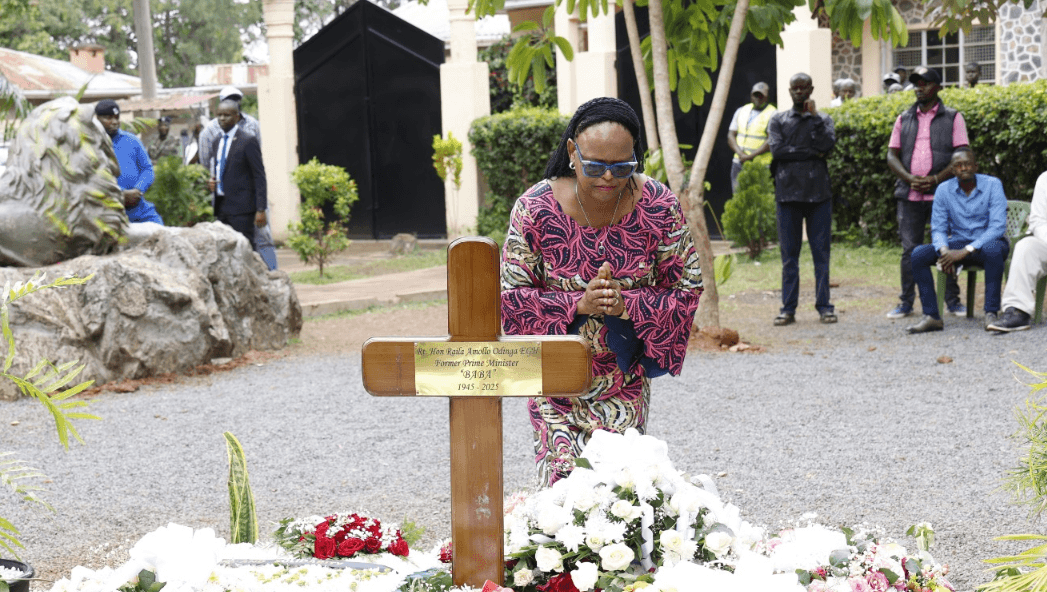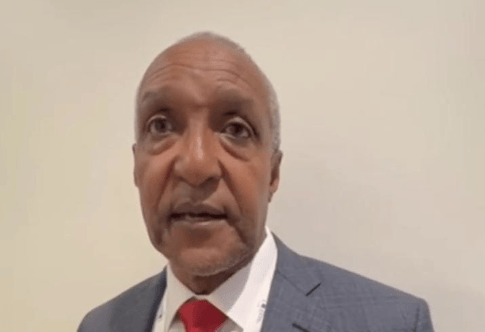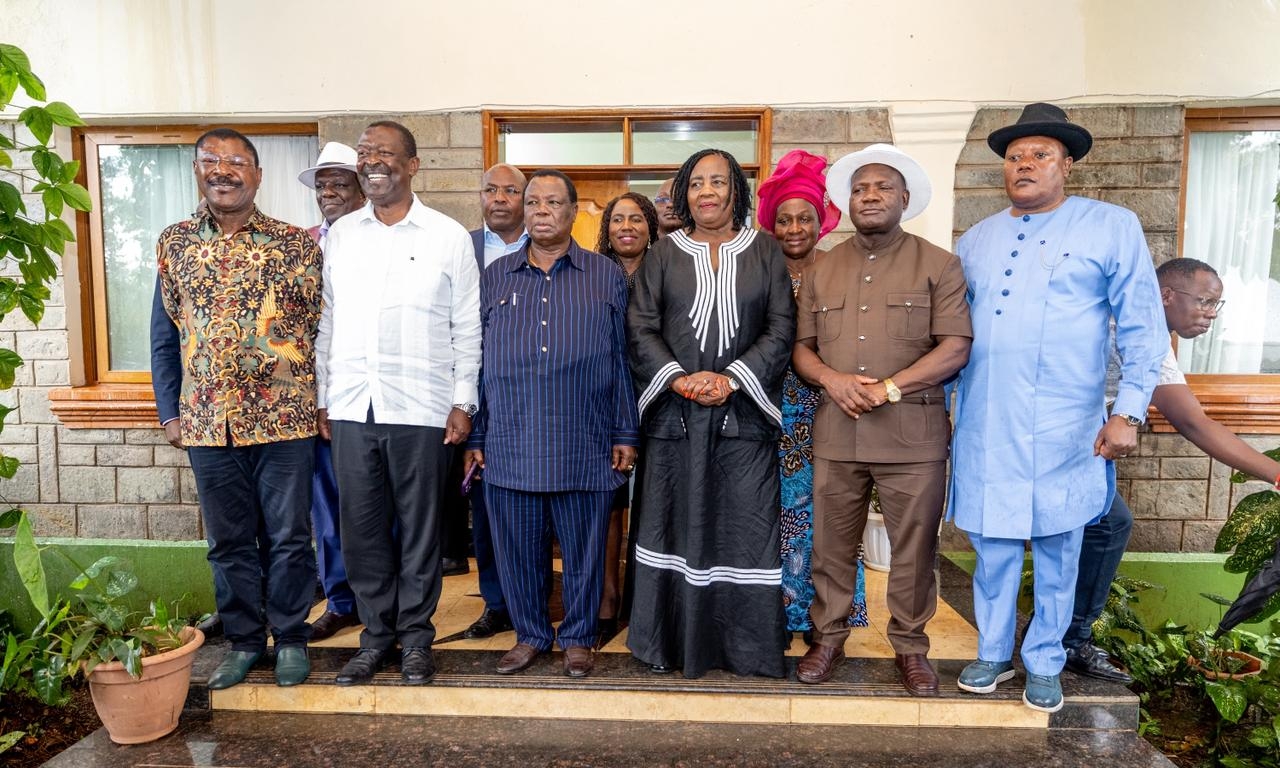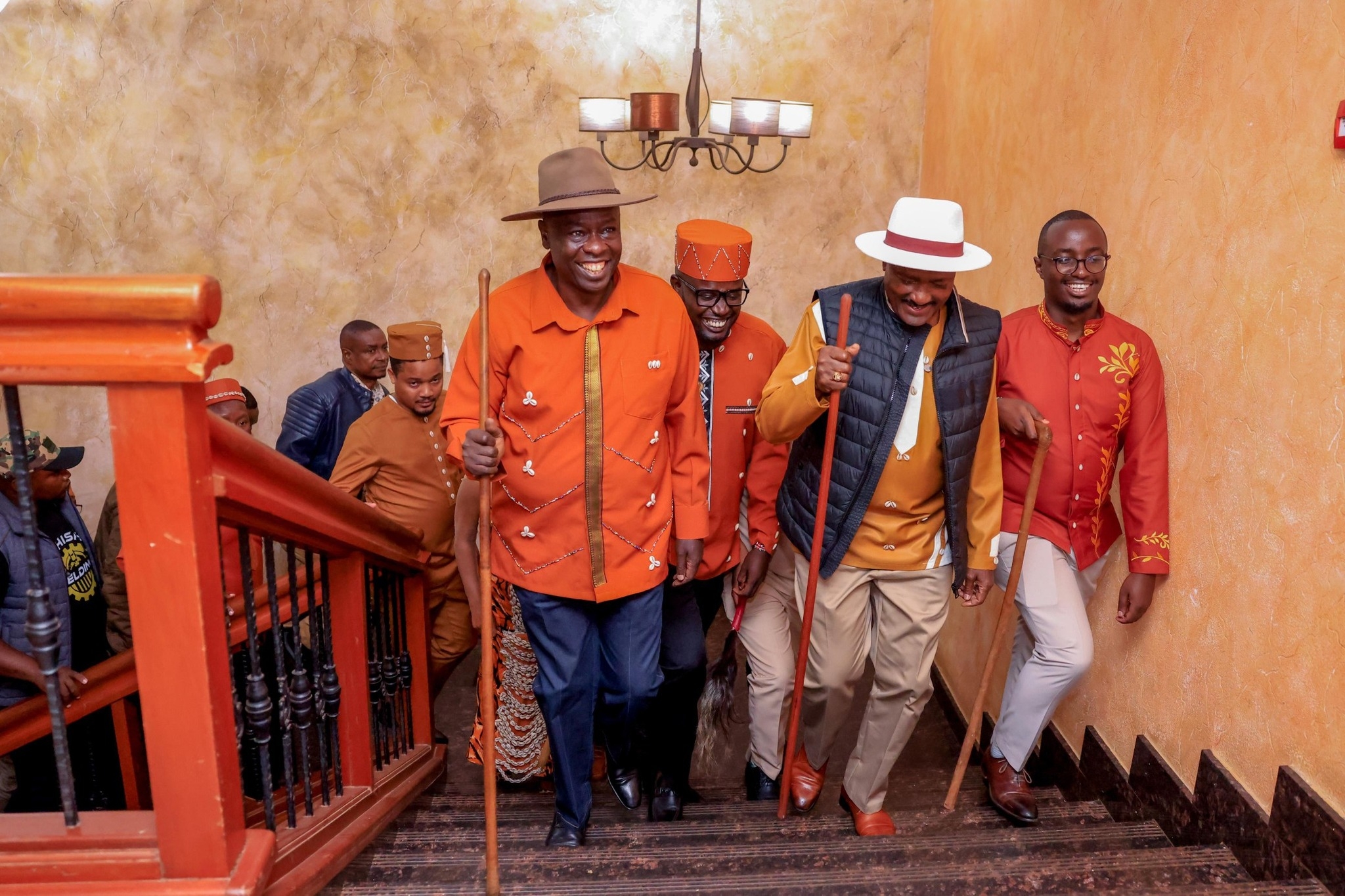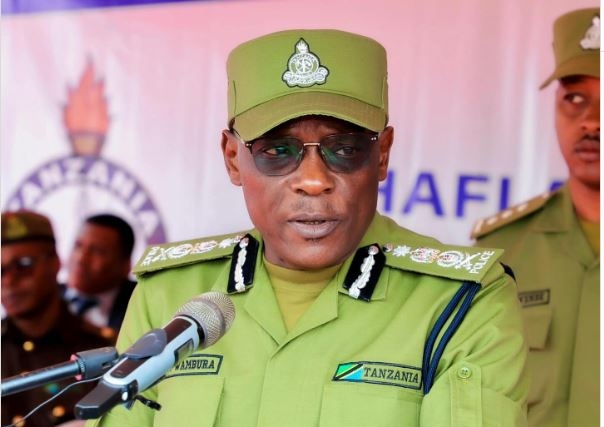The latest performance scorecard from Infotrak must have made for grim reading at State House. According to the poll conducted across all 47 counties, President William Ruto scored a meagre 46 per cent (a dismal D grade) in his performance rating for May. Most alarmingly, he garnered only 48 per cent on his ability to communicate with Kenyans about his handling of national affairs.
While Ruto can at least console himself that he fared better than his deputy, Rigathi Gachagua (whom Kenyans rated at a mere 42 per cent in job performance), the assessment confirmed a suspicion many Kenyans may presently harbour: we are witnessing the most gifted politician of his generation trying and failing to convince a sceptical populace that he is doing his best to steer the state in the right direction.
In recent weeks, the President's communication efforts have faced relentless scrutiny. His rationale for chartering a private plane for the US state visit failed to land, he had to walk back his plans to lift height restrictions for buildings surrounding the Moi Air Force Base in Eastleigh and a contentious statement from the Government Spokesperson prompted the President's direct intervention to defuse tensions with President Uhuru Kenyatta's office over his exit package.
Meanwhile, despite Ruto's widely publicised efforts to justify increased taxation through the Finance Bill, 2024, it faces significant opposition across Kenya's workforce and business sectors.
All this while a barrage of headlines about squandered public funds, mounting pending bills, delayed school capitation, crumbling infrastructure and a rising tide of business closures dominates the news cycle.
Amidst this relentless tide, even those previously willing to grade the President on a forgiving scale have changed their minds. That list now includes seasoned political commentator Barack Muluka and prominent activist Jerotich Seii. Both endorsed Ruto in the run-up to the 2022 presidential election, but their recent statements reveal growing disillusionment with the country’s direction of travel.
According to Muluka, this is "a rogue and gangster regime." This change in tone should serve as a warning to Ruto: the judgment of history is being written in real time.
Much of the damage to President Ruto's standing can be attributed to his communications team, which seems to rely on a 'Let Ruto be Ruto' strategy despite ample evidence that it's not working. While everyone knows that Ruto can command a lectern, what’s being lost in translation is his ability to effectively implement his ideas.
The President's recent struggles in interviews with local and international outlets, and his frequent need to walk back his statements, highlight a crucial failing: his communications team has not impressed upon him that impactful statecraft requires message discipline, consistency, time away from the public eye and deep policy knowledge— all traits that are far more rare than the skills required for campaigning.
In the absence of such discipline, Ruto has succumbed to a prevalent modern political vice: "boosterism." Boosterism touts grand destinations—such as universal healthcare, eradicating public service corruption and fiscal responsibility—but leaves us waiting for a roadmap. It’s akin to selling a car without an engine.
The once-promising career of Boris Johnson, the permanently dishevelled former Prime Minister of Britain, serves as a cautionary tale on the dangers of boosterism. Like Ruto, Johnson was a man of destiny, a vote-winner and a headline-grabbing orator who aspired to be a consequential politician in the mould of Winston Churchill but fell miles short.
A fatal over-reliance on boosterism undid him. The lesson? The public performance of power should never delude one into forgetting the purpose of power: to make a material difference in people’s lives.
The book of history is open. It is up to Ruto to decide what it will say about him. Will he be remembered as a leader who got lost in the pageantry of power or one who used his gifts to effect real, lasting change? The choice is his, but the clock is ticking.
Lawyer and media practitioner






